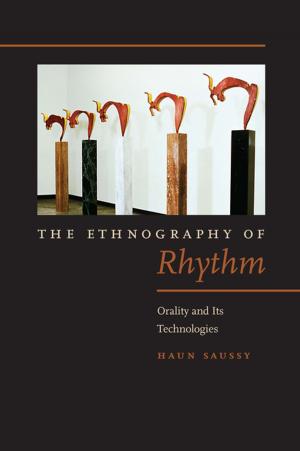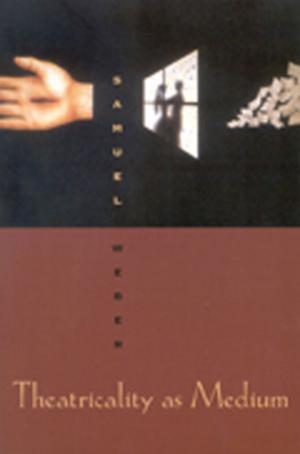The Metamorphosis of Finitude
An Essay on Birth and Resurrection
Nonfiction, Religion & Spirituality, Philosophy, Phenomenology, Religious| Author: | Emmanuel Falque | ISBN: | 9780823264063 |
| Publisher: | Fordham University Press | Publication: | May 1, 2014 |
| Imprint: | Fordham University Press | Language: | English |
| Author: | Emmanuel Falque |
| ISBN: | 9780823264063 |
| Publisher: | Fordham University Press |
| Publication: | May 1, 2014 |
| Imprint: | Fordham University Press |
| Language: | English |
This book starts off from a philosophical premise: nobody can be in the world unless they are born into the world. It examines this premise in the light of the theological belief that birth serves, or ought to serve, as a model for understanding what resurrection could signify for us today. After all, the modern Christian needs to find some way of understanding resurrection, and the dogma of the resurrection of the body is vacuous unless we can relate it philosophically to our own world of experience.
Nicodemus first posed the question "How can anyone be born after having grown old?
Can one enter a second time into the mother's womb and be born?" This book reads that problem in the context of contemporary philosophy (particularly the thought of Husserl, Heidegger, Sartre, Merleau-Ponty, and Deleuze). A phenomenology of the body born "from below" is seen as a paradigm for a theology of spiritual rebirth,
and for rebirth of the body from "on high."
The Resurrection changes everything in Christianity—but it is also our own bodies that must be transformed in resurrection, as Christ is transfigured. And the way in which I hope to be resurrected bodily in God, in the future, depends upon the way in which I live bodily today.
This book starts off from a philosophical premise: nobody can be in the world unless they are born into the world. It examines this premise in the light of the theological belief that birth serves, or ought to serve, as a model for understanding what resurrection could signify for us today. After all, the modern Christian needs to find some way of understanding resurrection, and the dogma of the resurrection of the body is vacuous unless we can relate it philosophically to our own world of experience.
Nicodemus first posed the question "How can anyone be born after having grown old?
Can one enter a second time into the mother's womb and be born?" This book reads that problem in the context of contemporary philosophy (particularly the thought of Husserl, Heidegger, Sartre, Merleau-Ponty, and Deleuze). A phenomenology of the body born "from below" is seen as a paradigm for a theology of spiritual rebirth,
and for rebirth of the body from "on high."
The Resurrection changes everything in Christianity—but it is also our own bodies that must be transformed in resurrection, as Christ is transfigured. And the way in which I hope to be resurrected bodily in God, in the future, depends upon the way in which I live bodily today.















